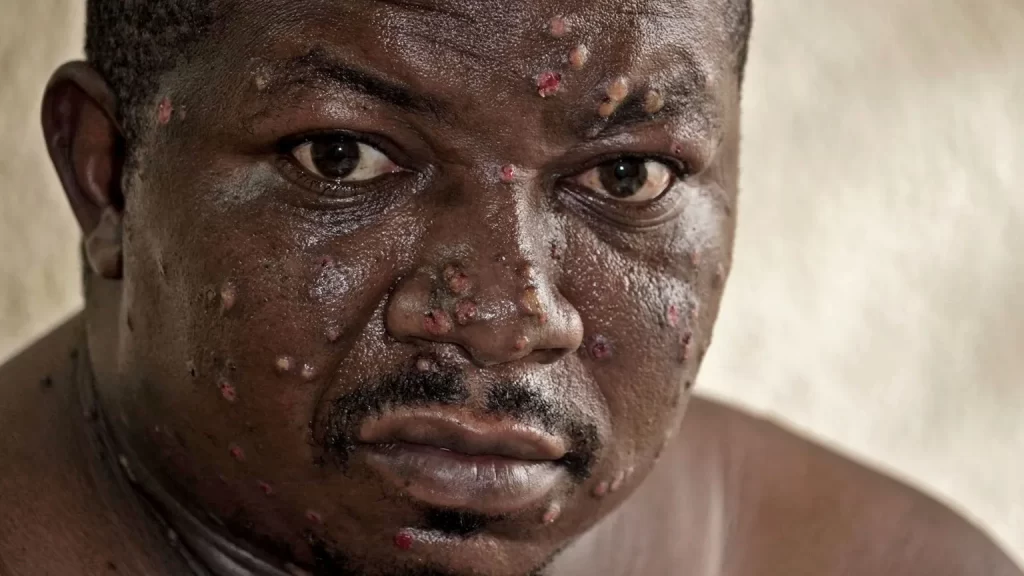The German government announced on Monday its plan to donate 100,000 doses of the mpox vaccine from its military stockpile to help curb the outbreak in Africa, as the World Health Organization (WHO) declares the disease a global public health emergency.

A government spokesperson stated that Germany will provide the vaccines to assist in containing the short-term spread of mpox on the African continent. In addition to the vaccine donation, Germany has committed to offering flexible financial resources to the WHO through various instruments to combat the disease.
The donated doses will come from Germany’s supply of approximately 117,000 Jynneos vaccines, which were procured and stockpiled by the German army in 2022. A defense ministry spokesperson confirmed that Germany would retain a minimal stock for protecting traveling authorities and other essential personnel.
The decision to reorder vaccines will be made separately, as noted by the defense ministry spokesperson. This strategic approach allows Germany to maintain domestic preparedness while contributing significantly to international efforts to control the outbreak.
Germany’s foreign ministry is currently working to determine the most efficient method of delivering the vaccines to affected countries. The primary focus is on the Democratic Republic of Congo (DRC), where the outbreak originated, as well as Burundi and neighboring East African nations that have reported cases.
The urgency of Germany’s response is underscored by the WHO’s recent declaration of mpox as a global public health emergency. This decision came after the outbreak in the DRC spread to adjacent countries and the emergence of a new form of the virus, identified as clade Ib, raised concerns about accelerated transmission rates.

In addition to the vaccine donation, Germany plans to support its African partners through the GAVI vaccination alliance. This multifaceted approach demonstrates Germany’s commitment to global health security and its recognition of the interconnected nature of public health challenges in an increasingly globalized world.
The outbreak in Africa and the subsequent international response highlight the ongoing need for robust global health infrastructure and cooperation. As countries like Germany step up to provide resources and support, the international community watches closely to see how effectively these combined efforts can contain and ultimately overcome the mpox threat.
As the situation develops, health officials and policymakers worldwide are likely to draw lessons from this outbreak and the global response, potentially informing future strategies for managing emerging infectious diseases and strengthening international health security frameworks.



